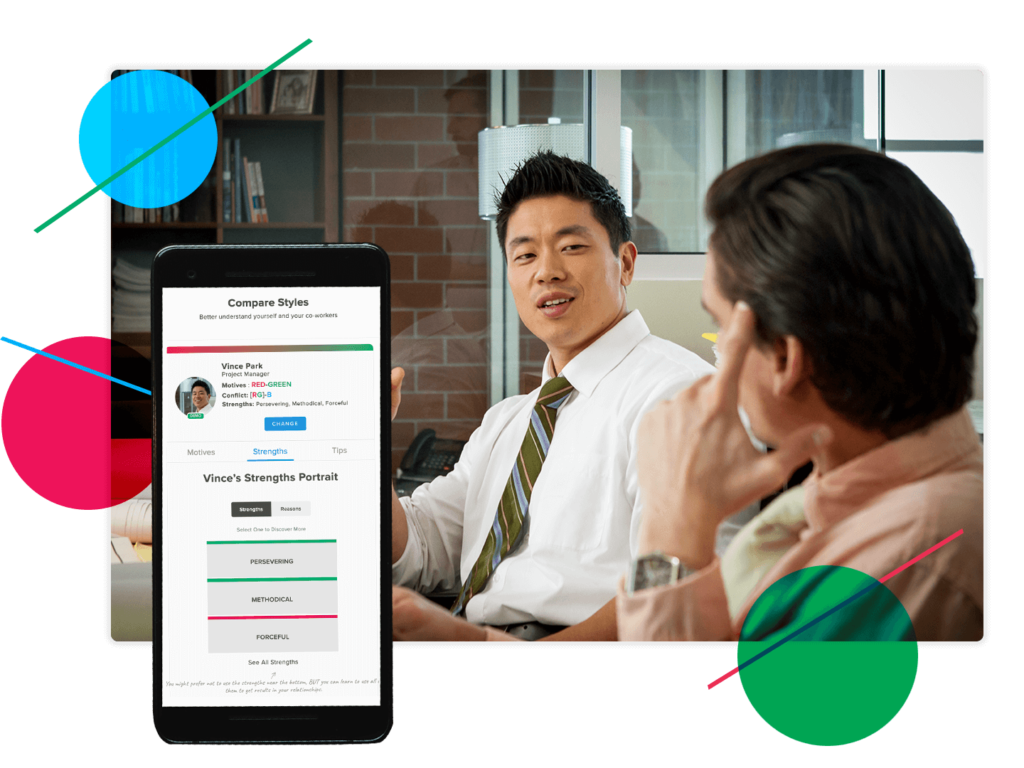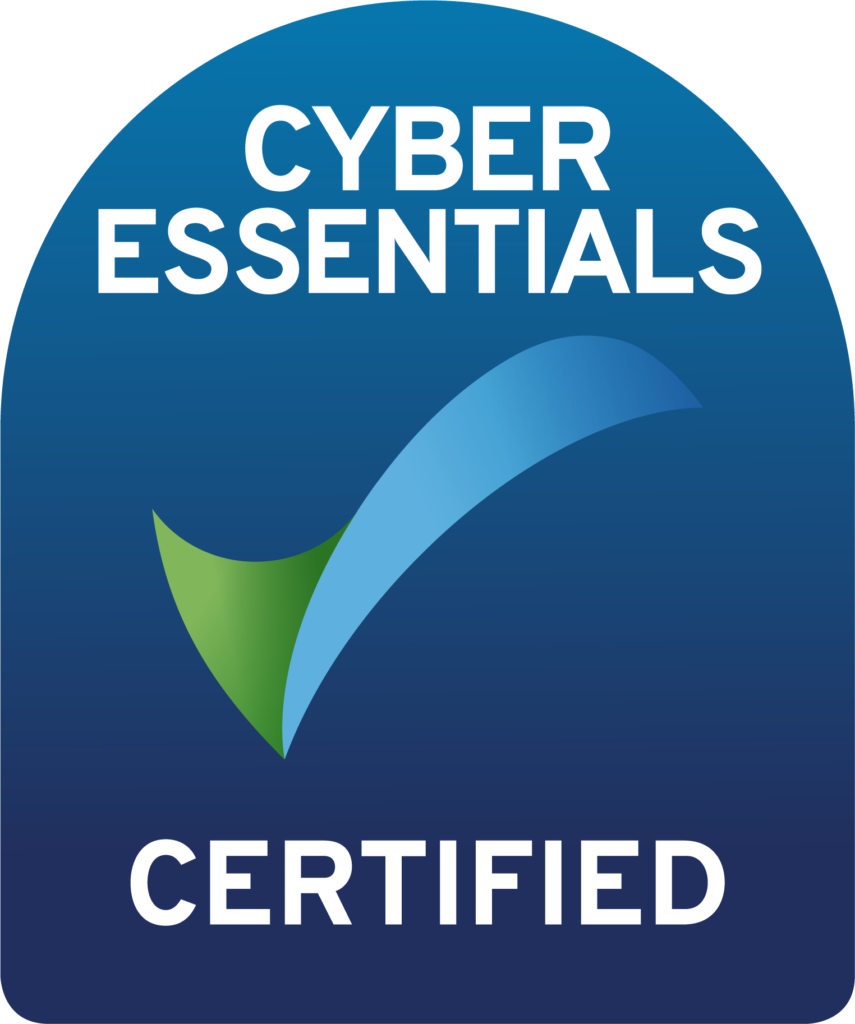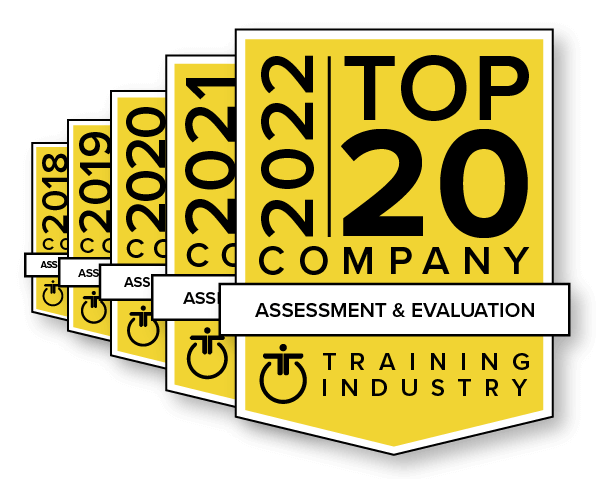Getting results through others is at the heart of effective management, and coaching is one of the essential tools to facilitate this. Coaching in the workplace encourages employees to find their own innovative solutions and grow as individuals, rather than being told what to do.
It’s well-recognized in organizations that the manager is the most important relationship in a person’s career, and research by Franklin Covey found that 70% of employees want more feedback from their manager.
Many companies offer coaching training programs to their managers, but the problem is that these training programs start with the coaching skills, not the mindset needed to coach. Managers need more than a skills-based workshop to create a coaching culture and to feel comfortable coaching.
Managers must understand how a coaching relationship will benefit them to co-create an effective one. Here’s our best advice for developing a coaching mindset so you can provide the kind of feedback your direct reports are looking for.
Understand yourself for effective coaching in the workplace.
Coaching is not a new concept but can be challenging even for many seasoned managers. To improve your coaching skills, you must first understand what motivates you as an individual and tie your motivation to your role as coach.
The three primary motivations.
According to Core Strengths research, people find a sense of purpose within three primary motivations:
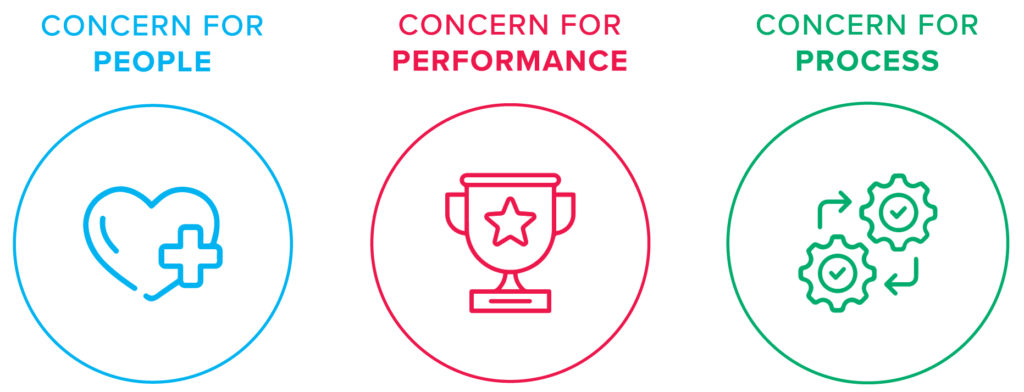
When you take the SDI 2.0 assessment, you’ll get a full portrait of how all three blend in your personality, but even if you haven’t taken the assessment yet, keep reading. You’ll probably recognize yourself primarily in one of the three colors.
Blue: People who are motivated by the protection, growth, and welfare of others. They have a strong desire to help others who can genuinely benefit.
Red: People who are motivated by task accomplishment and achieving results. They have a strong desire to set goals, take decisive action, and claim earned rewards.
Green: People who are motivated by meaningful order and thinking things through. They have a strong desire to pursue independent interests, to be practical, and to be fair.
Self-awareness makes managers better coaches. Understanding your own motivations makes you more aware of innate bias and open to the fact that others have different primary motivations from your own.
Build trust and gain commitment for effective coaching in the workplace.
What is your primary responsibility as a manager? Typically, some managers say “results” and some say “developing people.” The answer is actually both.
If you develop people and help them grow, they’ll be more committed to achieving individual, team and organizational results. A culture of commitment and accountability will always win over a culture of compliance.
To gain commitment, you need to build trust first. At Core Strengths, we believe that effective coaching happens only when you can establish a mutually beneficial, co-created coaching relationship that drives results through commitment that is based on trust.
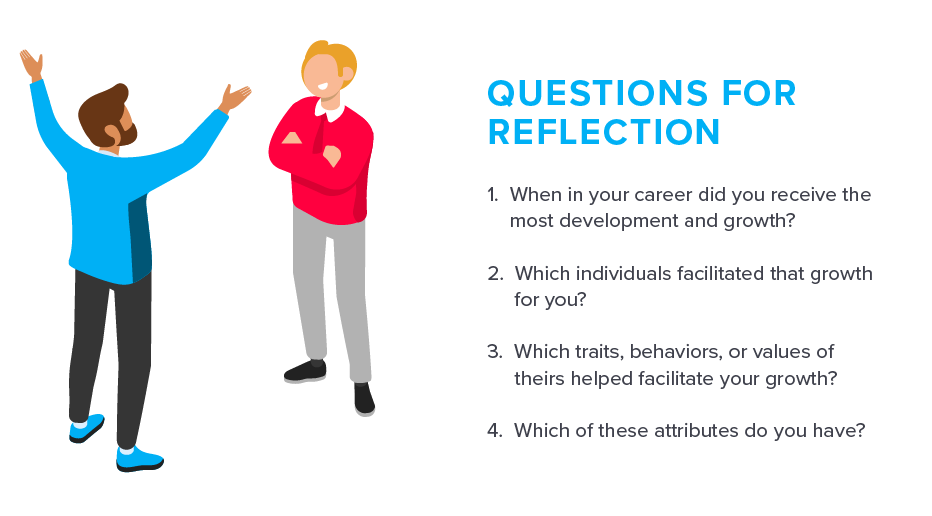
How to co-create a trusting coaching relationship.
Just as you must understand what motivates you, you also must understand what motivates each person you’re coaching and speak to them in a way that taps into their motivation. The reality is that each of your direct reports are motivated by different things and have different values and priorities.
It’s important to spend time getting to know people and their motivations first, then address performance issues once trust is established. Some ways to establish trust:
- Have everyone take the SDI 2.0 assessment and discuss the results together
- Ask good questions and truly listen to the answers
- Be curious and open-minded
When a relationship is based on trust, direct reports can be their true selves and are more likely to be receptive to feedback. That’s because they know that you’re focused on their wellbeing, not your own self-interest.
Once you know their values and motivations, you use coaching sessions to agree on mutual objectives that link the individual’s personal growth to the business objectives and drive results together. When you do give feedback, do so with the intention to make them more inclined, and more able, to want to do the job.
The four principles of effective coaching in the workplace.
There are four elements that go into the mindset required for effective coaching:

When applied correctly, these elements lay the foundation for a productive coaching relationship.
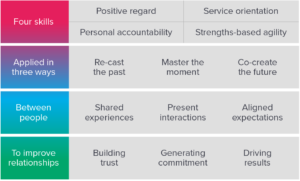
Positive regard
When you have positive regard, you believe that all people have the capacity to make their own decisions and that every person has a moral right to be treated with dignity and respect. Your positive regard for your direct reports creates conditions where they’re free to do their best.
Positive regard promotes inclusivity because it values diversity and helps you refrain from prejudices and stereotypes. When people sense that they’re accepted and appreciated by others, not merely tolerated, they tend to grow and flourish.

Service orientation
Service orientation is about creating lasting value in relationships. It’s not about putting others’ needs above your own. Service orientation is reciprocal: you have to allow others to be of service to you, too.
People with a service orientation are curious. They’re open to learning what other people need and are able to help other people succeed by being generous with their time and resources.

Personal Accountability
Personal accountability often leads to higher employee engagement and a greater sense of involvement and joy in the work.
Coaches who support personal accountability have positive regard for their direct reports and realize that promoting personal freedom is a form of service. They recognize that every person is in control of their choices and takes responsibility for the outcomes of those choices.

Strengths-based agility
Strengths-based agility—using your strengths intentionally—is like choosing the right tool for the job as opposed to searching for a place to use the tool you happen to have in your hand. Instead of trying to engineer your work and relationships to fit your strengths, you need to develop the agility to use the strengths required to work effectively in a given situation.
Strengths-based agility is most effective and authentic when it’s imbued with positive regard, service orientation, and personal accountability.

Where are you in your coaching relationships?
In a mature and successful coaching relationship, you’ll know certain things about each of your direct reports.
Think through the following questions with each of your coaching relationships in mind. If you can answer fewer than six, you probably need to do more to activate the coaching relationship. If you can answer seven or more, you have a strong coaching relationship and can take it to the next level.
Questions for reflection:
- What energises and drives them?
- What do they want to be valued for?
- Why do they come to work and what do they want from their role?
- What are their conflict triggers?
- What is their main focus for development and growth?
- How are they feeling about their job currently?
- What do they want from you as a coach?
- What do you do that could get in their way?
- What do they want from the coaching relationship?
- How do they see the coaching relationship in terms of mutual positive regard?
Regardless of the number of questions you could answer about your direct reports, further training on the coaching mindset and skills can help you coach more effectively.
Take your coaching in the workplace to the next level.
Our new Core Strengths coaching program, Coaching with Relationship Intelligence, will help managers coach their direct reports for more personal growth and better performance.
Sign up to get notified about the launch.

